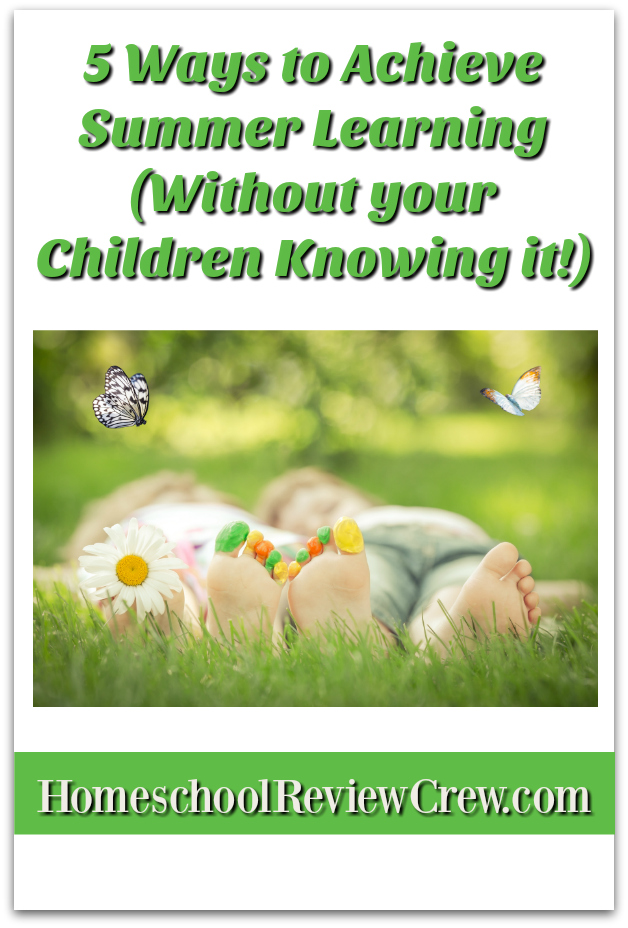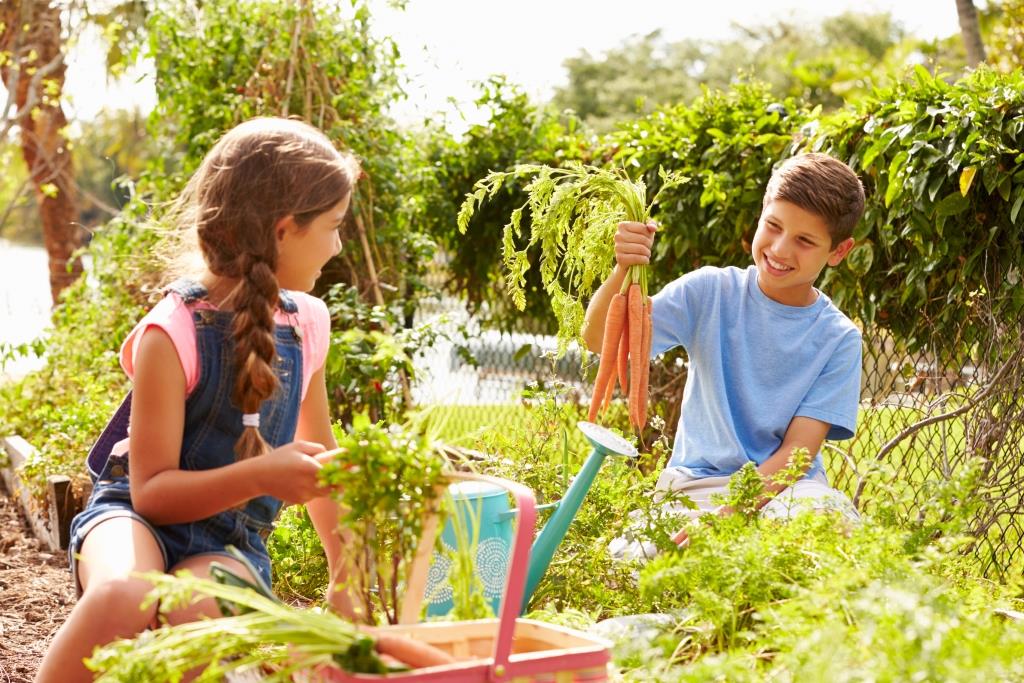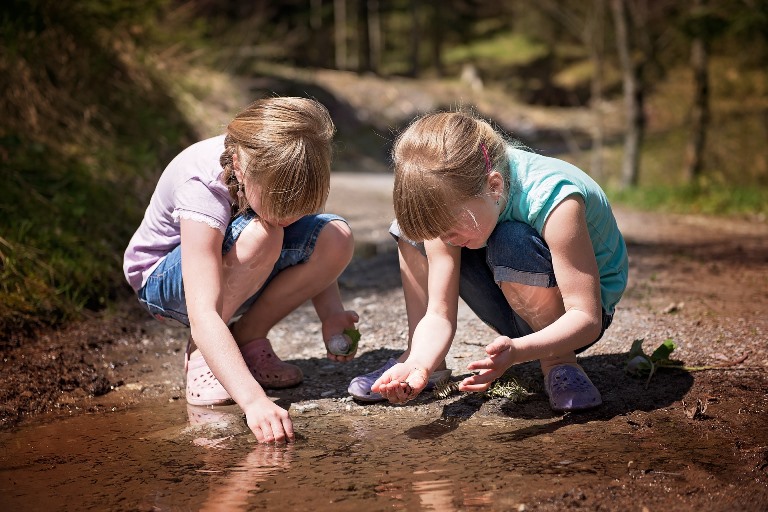Homeschooling is one of the best, yet most exhausting adventure you can have. Not only are you the teacher, but you are also the homemaker, mother, and probably 10 other occupational titles. What about summer learning? Should you homeschool year-round, catch up on academic skills that are lacking, learn a new skill in the summer, or just take the whole summer off?
There are many philosophies when it comes to summer learning. It can vary from formal summer school classes, to reading for a specified time period each day to letting your children play all day long. Some families use summer as a time to catch up on academic weaknesses, others try a new skill, while others learn physical activities such as swimming. There is no one size fits all summer learning program.
I don’t know about you, but as a homeschool mom, I am tired at the end of the school year. I need a change of pace. However, there are other moms who like to stay in a rhythm of homeschooling year-round.
Here’s the thing! There is not right answer! That is one of the reasons that you homeschool – freedom! You are free to choose how to spend your summers. You can continue to school, catch up or just let your kids play.
I tend to lean toward the third option. In fact, I call my children free-range in the summer. You see, my family and I live on a farm in the upper midwest. Summer is full of farm work from raising crops to raising animals. From gardening to mowing. Formal school is nearly impossible for us. However, learning never stops.

Here are 5 sneaky ways to achieve summer learning
- Get a job
- Raise animals and food
- Serve others
- Pursue a personal interest
- Explore nature
Let’s explore each sneaky summer learning in more detail.
GET A SUMMER JOB
This option may be for children who are a little older, but maybe not as old as you think. Children can start by doing jobs around the house to learn the skills needed to get a paying job. My children learned how to mow our own yard and are working on starting their own mowing business.
My 13-year-old son learned how to drive our skid loader and had the opportunity to help our neighbor smooth out his gravel driveway. Children can help older people with work around their house or yard.
Babysitting is also a popular option. Learning to work in the summer is a great way to teach responsibility and identify personal interests that may lead to career exploration.

RAISE ANIMALS AND GARDENS
This may not be an option for many people, but my children have all raised their own animals during the summer. From chickens to turkeys to ducks. even bottle calves. Raising animals teaches children responsibility. It also helps them understand where food comes from. Raising meat chickens doesn’t take up much room and it is a short-term commitment.
If you are unable to raise animals, raising food in a garden is another way to teach children responsibility. Growing a garden teaches many skills
- planning – drawing out a garden grid and crops that your family will eat and that will grow in your growing zone.
- reading – about different crops, ways to preserve them,
- physical activities such as plowing, weeding, and harvesting the garden
- biology – dealing with garden pests, planting companions, composting

SERVE OTHERS
Learning how to serve others is so important. If your child suffers from the “I’m Bored or there’s nothing to do” then this one is for you. There are so many opportunities to serve both at home and in your community.
When my children come to me and tell me they have nothing to do, I quickly find them something to do whether it be fold the laundry, clean up a room, put away some dishes. My children quickly learned that there is plenty to do without getting bored.
There are also opportunities to serve at church. My children and I mow the church and do other odd jobs around the church. We also call our older church members to check on them.
Your children can also serve in the community, formally or informally. As simple as picking up trash along the road or in the parks can be an opportunity for service. Before Covid-19, my children and I enjoyed serving at the local nursing home.
PURSUE A PERSONAL INTEREST
Summer is a great time for your children to pursue a personal interest. I have one son who loves airplanes. He built a huge cardboard model of the Wright Flyer. Another child enjoys working with animals. He owns two donkeys and is learning to trim their hooves. This could turn into a future side job or even a career.

EXPLORE NATURE
We can see God’s Creation all around us. A couple of my friends have been raising monarch butterflies. I thought it would be a good biology lesson for my children. I expected the beautiful transformation to be interesting and exciting.
What I didn’t expect was the moving, metaphor that I would see. The picture of salvation that occurred before our eyes. There is a verse in the Bible that says. ..
Therefore if any man be in Christ, he is a new creature: old things are passed away; behold, all things are become new.
II Corinthians 5:17
What does this have to do with monarch butterflies? We begin as caterpillars living from day to day, just fulfilling out lustful desires. Our sin growing just as fast as the caterpillar. All that was coming out was caterpillar waste.
When someone hears the gospel of Jesus Christ, they enter a cocoon of turmoil in their heart. When they accept Jesus Christ as their Savior, they emerge from the chrysalis a new creature. Just like the butterfly.
What a beautiful, biblical picture to teach children.
Summer Learning Opportunities
There are so many opportunities for summer learning. If you choose to let your children free-range, remember there is still plenty of learning that takes place. Whether it be getting a job, raising animals and food, serving others, pursuing personal interests, or exploring nature.
What about you? What are you doing for summer learning? Something formal? Something informal? Maybe you are already implementing some of the ideas I shared. I would love to hear about them in the comments.
—oOo—

A big thank you to Amy Arthur of Cattle Upon a Hill for writing this article.
Connect with Amy on social media
Website | Facebook | Pinterest | Instagram | Twitter
